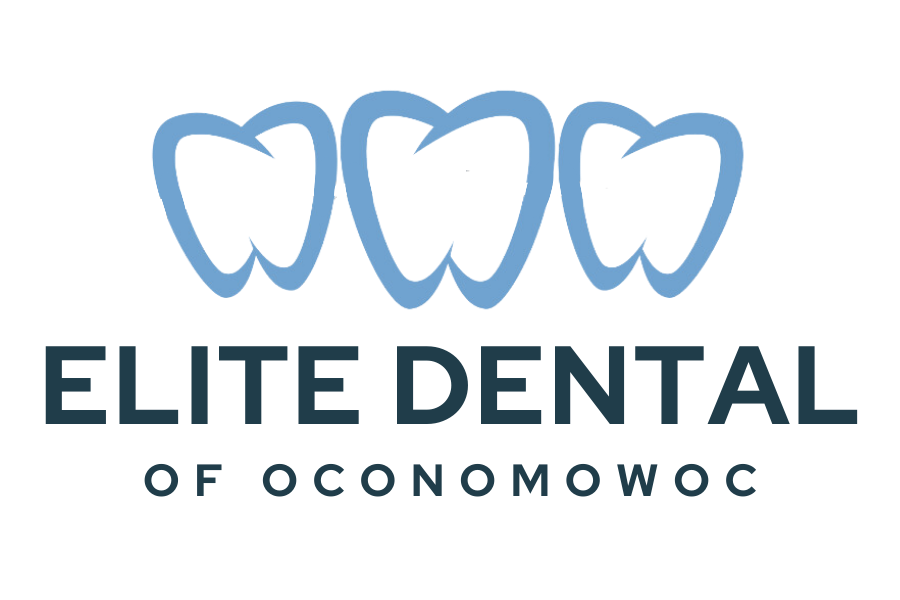What (and How) to Eat When You’re Having Dental Issues: Dry Mouth or Oral Surgery & Implants
Below is an excerpt from an article found on MouthHealthy.org
You know that what you eat directly impacts your health, and that includes the health of your teeth and gums. But it can work the other way around too. If you have an orthodontic appliance, such as braces, or have had certain dental problems or procedures, the health and comfort of your teeth and gums can directly impact what you eat. Here are some tips for what to eat and how to avoid these common dental issues.
Dry Mouth
Dry mouth is not a normal part of aging. If you have dry mouth, talk to your dentist or doctor. Dry mouth can be a sign of certain diseases or can be caused by certain medications or the result of medical treatments. If you have dry mouth:
- don’t use tobacco or drink alcohol
- drink water regularly-with and between meals
- avoid drinks that contain caffeine such as colas, coffee, and tea since it can dry out your mouth
- chew sugarless gum or suck on sugarless candy to stimulate saliva flow
- avoid spicy or salty foods if they cause pain in your mouth
- moisten dry foods with soup, broth, gravy, butter or margarine, or sauce. Dip or soak your food in what you’re drinking.
Oral Surgery and Implants
Your nutrition and dietary needs following oral surgery or getting implants depends on factors including your nutritional status prior to your procedure, the extent of your procedure, how much impact there is on oral function and how long your recovery is expected to last. A liquid or soft foods diet may be required for a few days or longer until your mouth heals. Opt for nutrient-rich foods such as fruits, vegetables, low-fat dairy foods and lean meats, eggs, and beans whenever possible since they provide vitamins, minerals and nutrients needed for healing, including zinc, protein, and vitamins A and C.
Try these foods:
- scrambled eggs
- oatmeal or cream of wheat (make with milk instead of water to boost nutrition)
- soup with soft vegetables or pureed or cream soups
- soft cheeses, including cottage cheese
- smoothies and milkshakes
The lists above are partial, please read the entire article at MouthHealthy.org to view the full lists.
Drs. Leaman, Setnicar & Piacsek, S.C.
James Leaman DDS, Joseph Setnicar DDS, Stacie Piacsek DDS
820 Summit Avenue
Oconomowoc, WI 53066
262-567-4466
